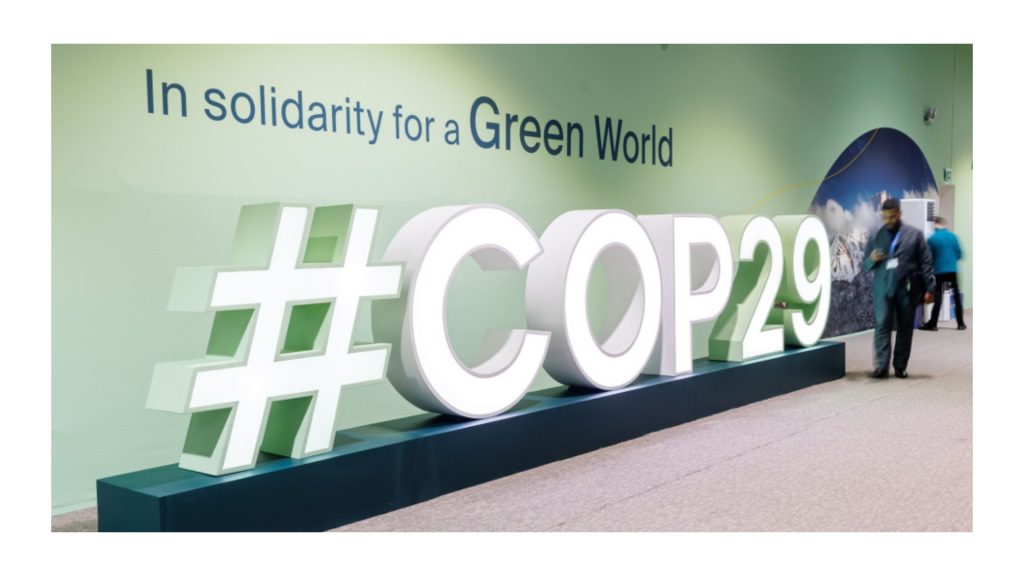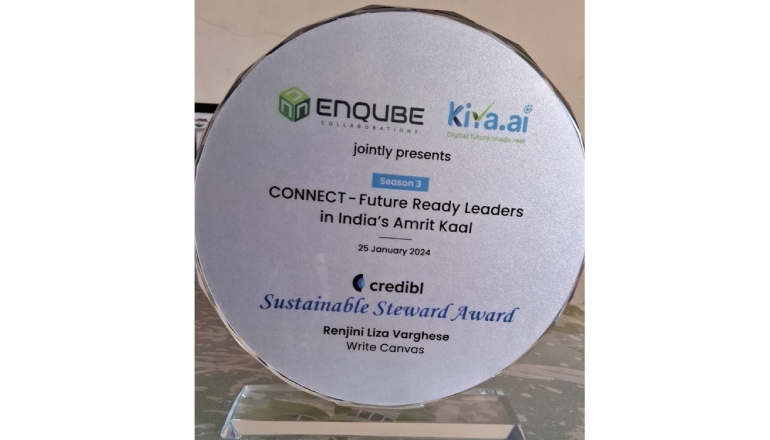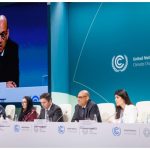
As the annual climate conference (CoP29) in Azerbaijan heads towards a close on the 22nd, few signs of agreement on key issues such as finance for adaptation or a discussion on “unilateral restrictive trade measures,” which has the European Union’s Carbon Border Adjustment Mechanism (CBAM) at heart, are likely to find an agreement. Unless the Azerbaijani presidency pulls off a surprise at the last moment. In addition, the presidency managed to push through a carbon markets mechanism without any discussion on day one, to the chagrin of many developing nations, who see it as another opportunity for oil and gas-rich nations to indulge in further greenwashing.
Carbon credits mechanism: Article 6 of the Paris Agreement offers two options for trading:
Countries can enter into bilateral agreements and set their own rules, or they can participate in a United Nations-supervised market open to all. The potential risk of greenwashing remains high as polluters can claim environmental progress without actually reducing emissions. Experts also point out that it is an opaque mechanism that increases burden on poorer nations.
No agreement was reached on these rules at COP28 as negotiations ended in a deadlock. At COP29, the Baku leadership chose to bypass the inter-governmental process of discussions and debates to push through agreement on rules that are more or less the same what was termed insufficient by the coalitions of forest-dense nations that will be deeply impacted by badly framed rules.
Adaptation Finance: The New Collective Quantified Goals (NCQG) is among the most important topics being discussed at the in going COP29, replacing an annual commitment of $100 billion/year to be paid by developed countries to developing countries.
The main issues in the latest draft of the text include the exact amount of financing, ranging from $1 trillion to $2 trillion, and who is obligated to pay. Officials from India and China have already underscored the need to retain the “collective but differentiated responsibilities” as the underlying principle for any discussions on climate finance. China has also said that it will only agree to voluntary contributions, and developed countries should be responsible for mandatory contributions under the draft NCQG. However, the gap remains too high for any easy solution over the next few days as the US and Canada keep to the $100 bn and developing countries asking for $1.3 trillion. Given the incoming Trump government’s anti-climate change stance, nothing much can be expected to move on this crucial area of adaptation.
Last, but the least is the issue of the CBAM tax or “Unilateral restrictive trade barriers” as the developing countries have chosen to label it. Those countries exposed to the EU’s proposed tax have threatened to derail the talks unless CBAM is addressed.
However, the EU has resisted including CBAM in COP29’s core agenda. It has said that these concerns will be addressed at the Response Measures Forum, a committee on the implementation of response measures.
CBAM aims to impose a carbon tariff on EU imports of carbon-intensive products like steel, cement and certain types of electricity based on their emissions footprint. The bloc began an initial trial phase of CBAM in October 2023, requiring companies from seven carbon-intensive sectors, including steel, cement, fertilizer, aluminum and fuels, to share their emissions data with the EU. The full tariff is intended to go into effect from January 2026.
CBAM will have the effect of goods from developing countries like China or India becoming non-competitive in the European markets on account of their carbon intensity.
At Baku, China and India have confronted the European Union (EU) on the issue of trade barriers disguised as climate action and warned that unilateral trade measures could be detrimental to multilateral cooperation. The issue is likely to be put on COP29’s core agenda but the BASIC countries are expected to keep the issue alive, given the repercussions for their economies.
Gayatri Ramanathan is an ESG consultant and adjunct faculty at Global Risk Management Institute, Gurgaon












